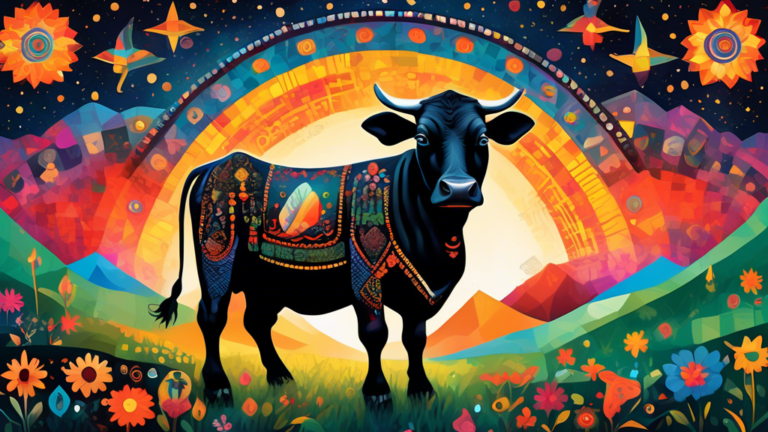Sparrow Symbolism: Unveiling the Meanings Behind the Bird
Introduction to Sparrow Symbolism
Sparrows, often overlooked due to their common presence, hold profound symbolism across different cultures and historical contexts. Their small size and ubiquity have influenced a variety of symbolic interpretations, ranging from joy and protection to simplicity and community. This article delves into the various symbolic meanings attributed to these nimble birds and explores their significance across different cultures.
Cultural Symbolism of Sparrows
Ancient Egyptian Symbolism
In ancient Egypt, sparrows were considered symbols of love, protection, and motherhood. The Egyptians believed that sparrows caught the souls of the recently deceased and carried them to heaven. Therefore, sparrows were respected and their presence was welcomed with reverence.
Christian Symbolism
In Christian iconography, the sparrow is seen as a symbol of humility and insignificance, reflecting the gentle, yet powerful, nature of faith. Jesus Christ’s reference to sparrows in the Gospel of Matthew, where he says that not one sparrow is forgotten by God, highlights the theme of divine knowledge and care for the smallest of creatures, thereby imparting a message of hope and the value of each individual life.
Native American Interpretations
In Native American cultures, sparrows are often symbols of joy, protection, and simplicity. Many tribes considered the sparrow to be a harbinger of spring, and therefore a sign of renewal and good fortune. The sparrow’s song was believed to bring happiness, and seeing a sparrow was often considered a good omen.
Chinese Symbolism
In Chinese culture, the sparrow is viewed as a symbol of companionship and fertility. It is often depicted in art and literature, heralding the coming of spring and representing the joy of a bountiful harvest. Additionally, sparrows are seen as bearers of good news, an aspect that highlights their positive connotations in Chinese tradition.
Sparrow Symbolism in Literature and Mythology
Sparrows have made frequent appearances in literature and mythology, where their representation can differ markedly depending on the narrative or the underlying message of the tale. In Western literature, sparrows often symbolize freedom and the disregarded parts of society that hold intrinsic value and beauty. For instance, in Hans Christian Andersen’s The Sparrow and the Pea, the sparrow represents innocence and fortitude.
Modern Interpretations of Sparrow Symbolism
In contemporary contexts, sparrows symbolize resilience, resourcefulness, and adaptation. Their ability to thrive in diverse environments, from rural areas to urban centers, mirrors many human stories of survival and success against the odds. Sparrows encourage us to appreciate the mundane aspects of our daily life and to view them as the source of true joy and fulfillment.
Symbolic Uses of Sparrows in Art and Fashion
The image of the sparrow has been used widely in art and fashion, often as a symbol of freedom, peace, and the beauty of everyday life. Tattoo art, for instance, has frequently utilized sparrows to represent loyalty, freedom, or a completed journey, owing to their migratory nature. In fashion, the sparrow can signify a connection to nature, simplicity, and a free spirit.
Conclusion
While they may be small and common, sparrows carry a wealth of symbolism that is both rich and varied. From ancient times to modern interpretations, these birds have been imbued with meanings that resonate across cultures and epochs. The sparrow teaches us to cherish the small things and to maintain hope, joy, and resilience no matter our circumstances.
Exploring the Symbolism of Fog in Literature and Culture
Exploring the Symbolism of the Roadrunner







